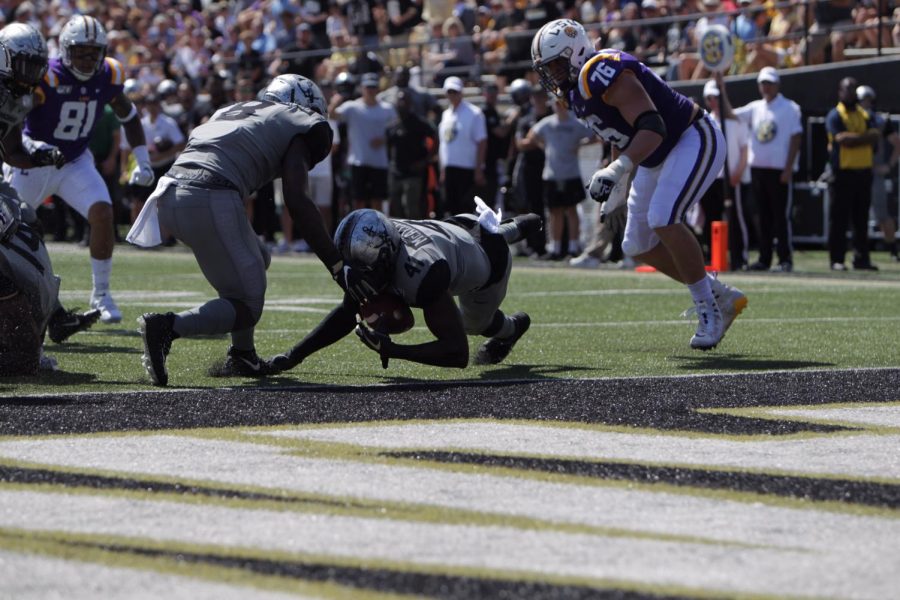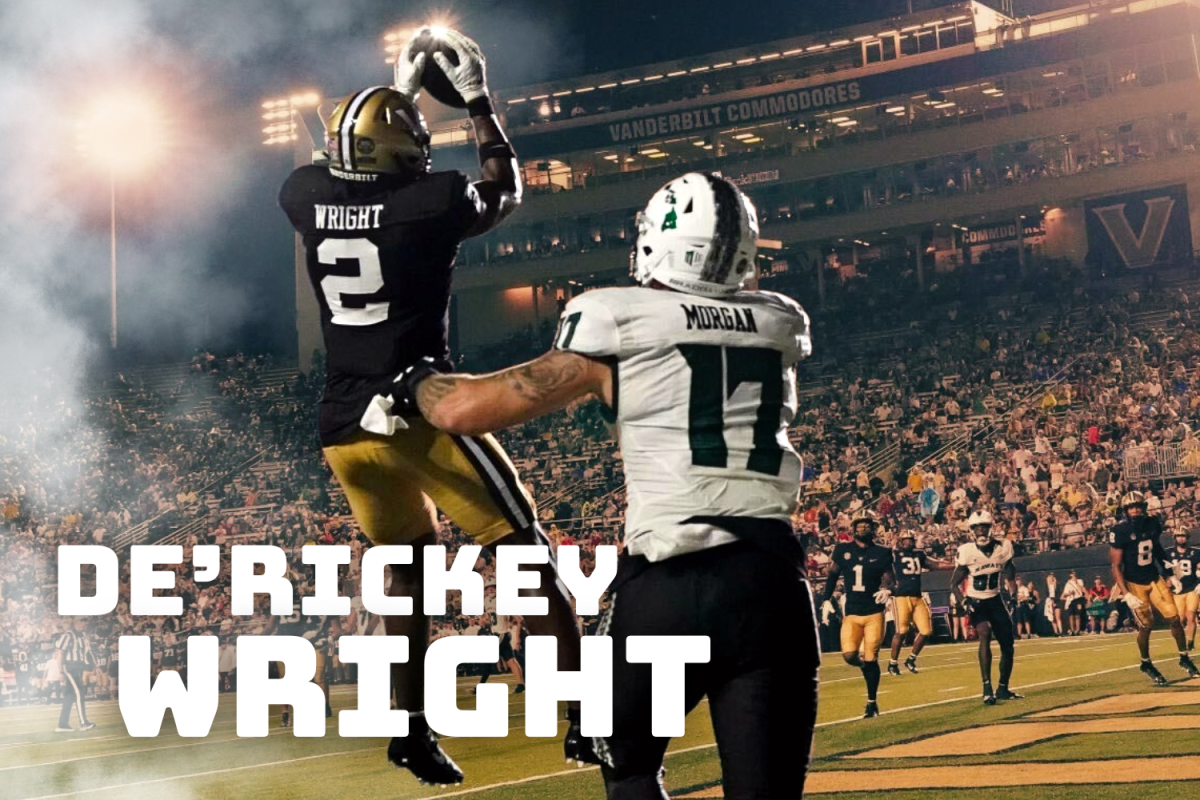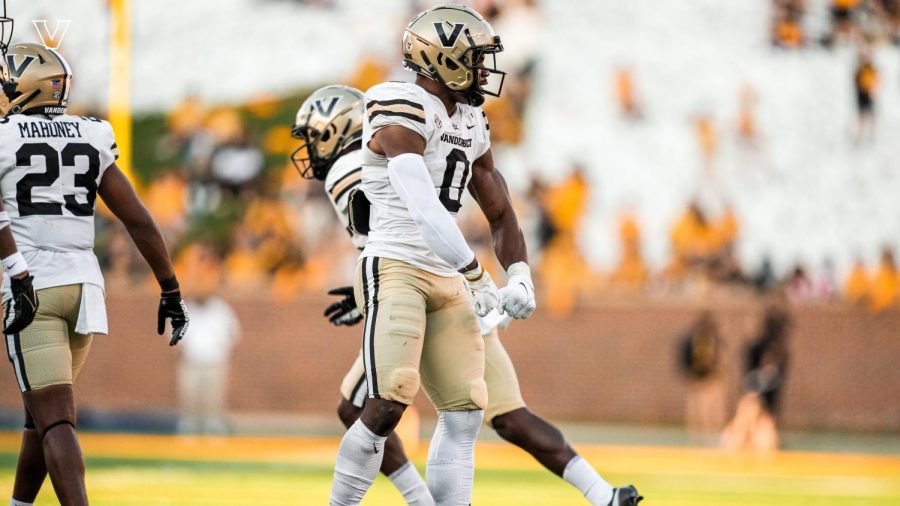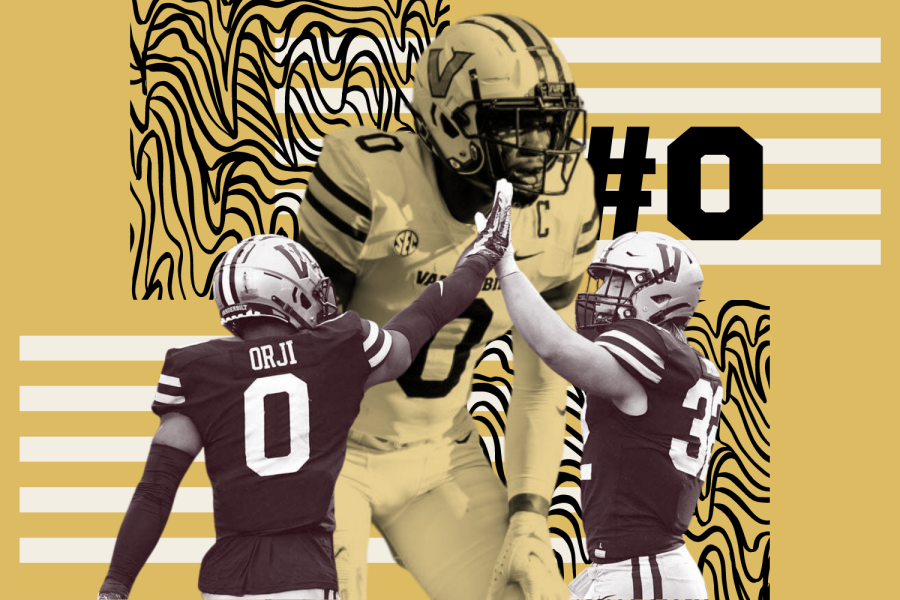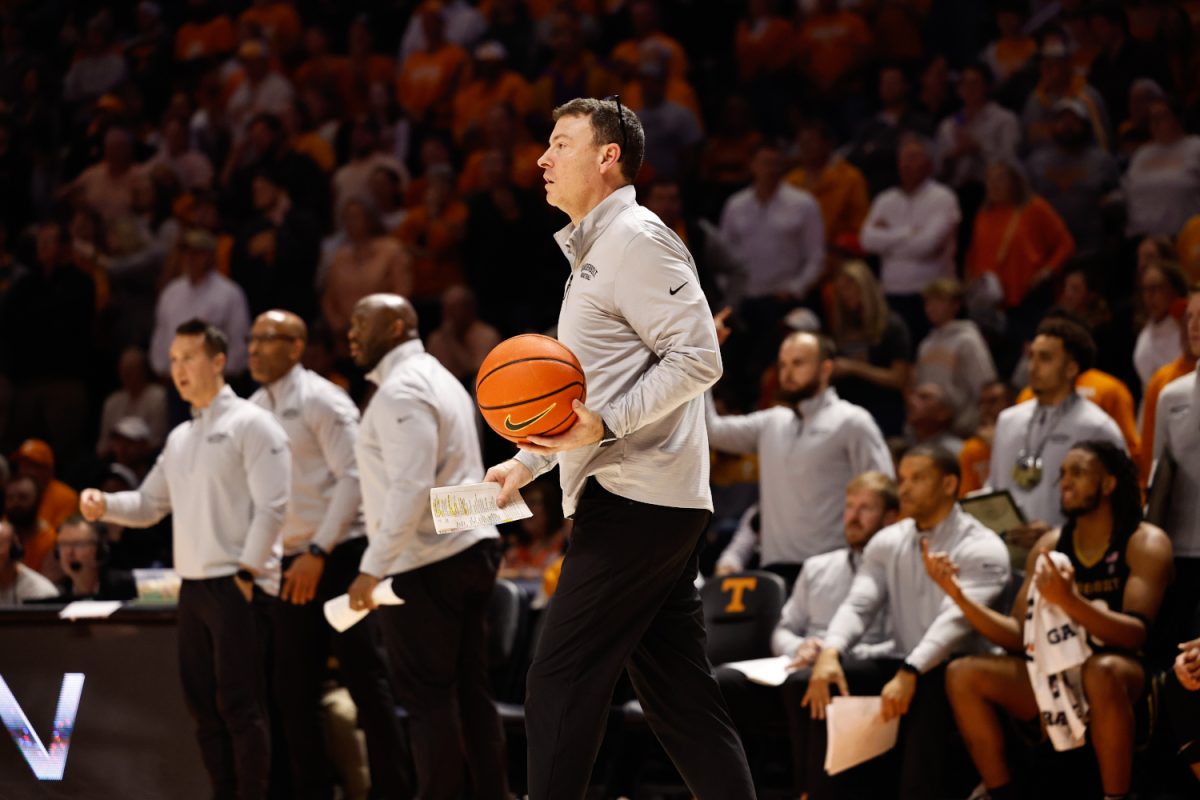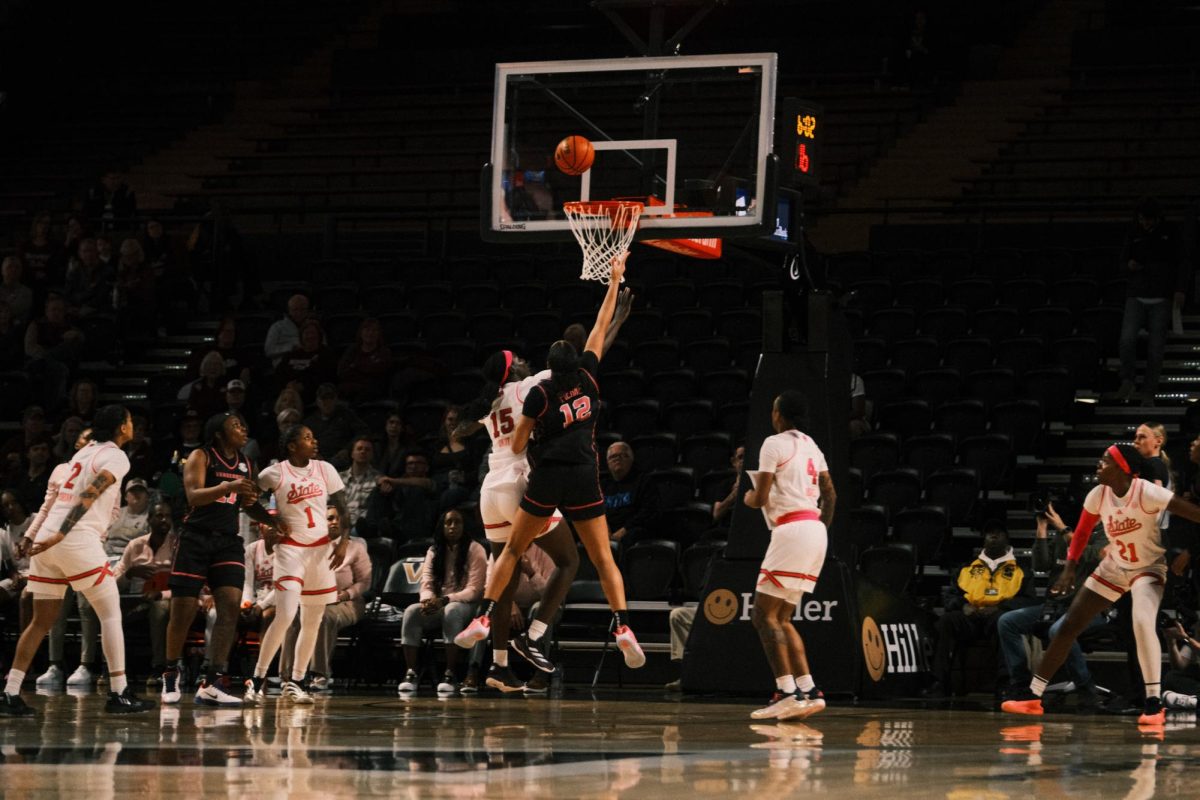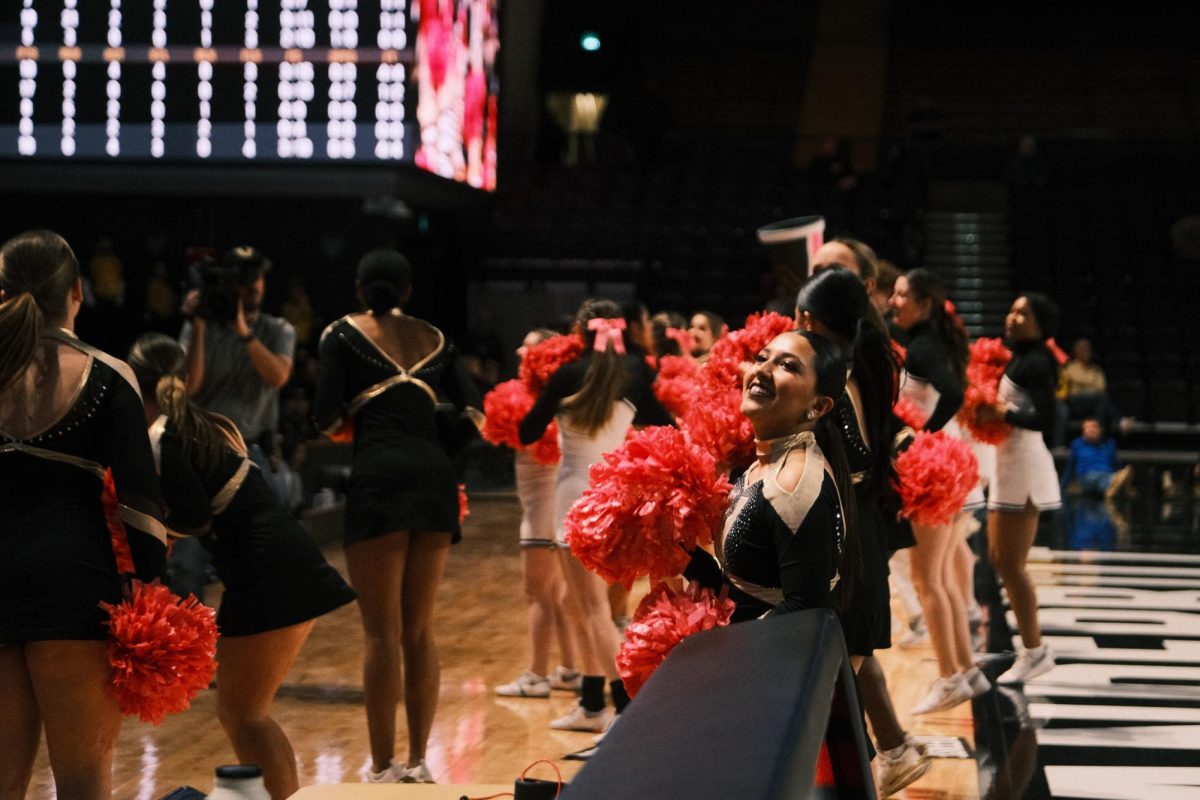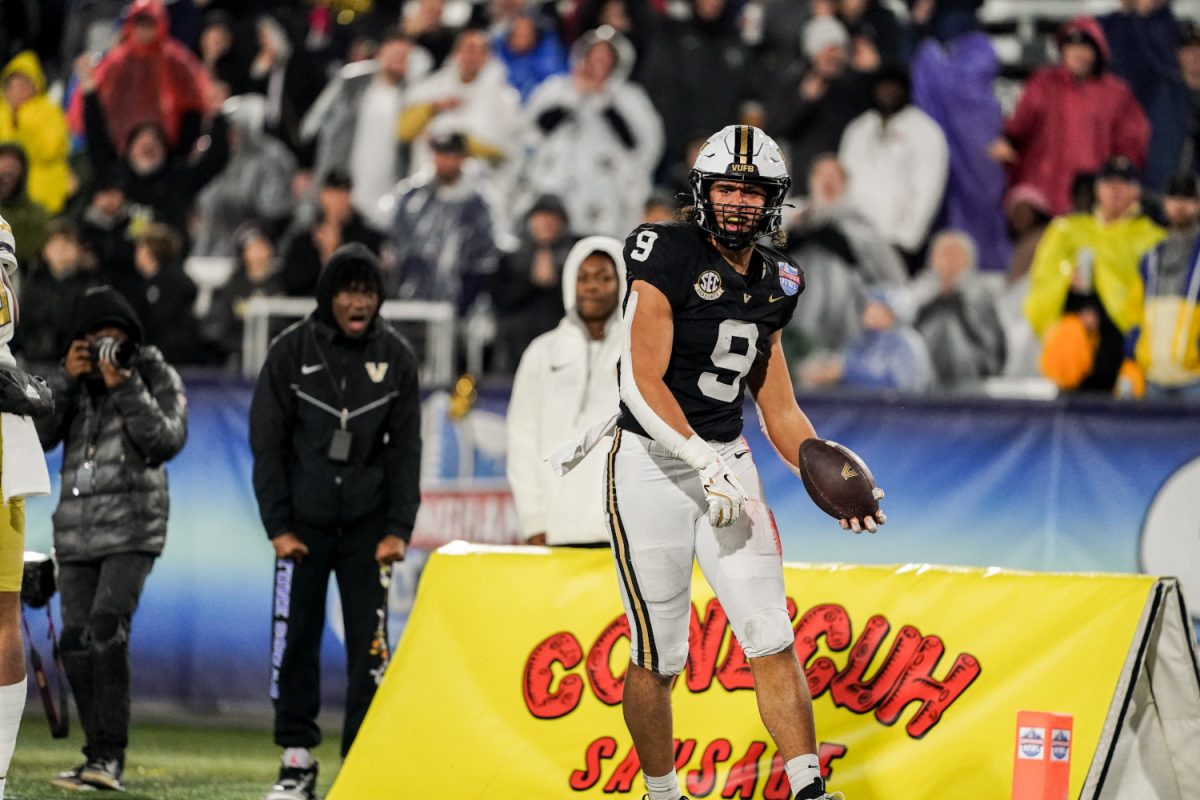The game started off about as well as anyone could have hoped. On the very first play of the game, running back Ke’Shawn Vaughn broke free for a 41-yard run. Later on the drive, he pushed a pile of LSU defenders for a five-yard rushing touchdown to give Vanderbilt the early 7-0 lead a few minutes into the first quarter.
That would be the last time Vanderbilt led in Saturday’s game.
LSU responded by scoring touchdowns on its next four drives. In the first quarter alone, Vanderbilt’s defense allowed 261 yards, as LSU averaged 17.4 yards per play. Most of those came from Tigers’ quarterback Joe Burrow, who went 10-of-11 for 199 yards in the period and had his way with the Commodores’ secondary.
The secondary has been Vanderbilt’s Achilles’ heel all season, and Saturday was no different.
Vanderbilt entered the game ranked 127th out of 130 FBS teams in passing defense, with opponents gaining an average of 332.5 yards per game through the air. Burrow eclipsed that figure with 357 passing yards in just the first half. Burrow threw for a total of 398 yards and six touchdowns in the game. He was replaced by backup quarterback Myles Brennan early in the fourth quarter. Brennan added 20 passing yards and 14 yards on the ground in relief of Burrow.
The cornerbacks played soft coverage on LSU’s wide receivers in the first quarter, and it cost them dearly. Burrow looked like he was playing catch with his wide receivers in the backyard, and often times, there was no Vanderbilt cornerback within 5 to 10 yards of a receiver.
“It wasn’t soft coverage. It was tight coverage with a trigger mentality, and we just missed some angles. That’s all,” Vanderbilt head coach Derek Mason said.
The front seven didn’t help the secondary much, as the unit failed to get much pressure on Burrow in that disastrous first quarter.
Defensive Coordinator Jason Tarver made a few adjustments for the second quarter. He called more blitzes to get pressure on Burrow, and the secondary played much tighter coverage against LSU’s speedy wide receivers.
Freshman defensive back Jaylen Mahoney got Vanderbilt’s first sack of the season. Later in the drive, the defense forced LSU to punt for the first time in the game.
LSU’s wide receivers excelled in the open field, proving extremely difficult for the Vanderbilt defense to bring down. Ja’Marr Chase’s third touchdown catch of the day was a perfect example. Chase slipped through the secondary, and no one was even close to catching him as he sprinted for a 51-yard touchdown.
Another microcosm of the defense’s season so far took place midway through the second quarter. Vanderbilt was able to pressure Burrow from both sides, but defensive lineman Dayo Odeyingbo’s hit on Burrow came just a bit too late, and he was penalized for roughing the passer. Burrow completed the 28-yard dart to Chase, who with incredible concentration, caught the ball at its apex and managed to get a foot inbounds. Allan George was called for pass interference on the play. In short, Vanderbilt roughed the passer and committed pass interference, and LSU still completed the pass.
“I don’t know what else to do,” Mason said about the mistakes on defense. “Guys have to make plays.”
Later that drive, Andre Mintze almost had an interception along the sideline as LSU was driving deep in Vanderbilt territory. Burrow was trying to get rid of the ball after getting chased by Vanderbilt’s pass rush, but Mintze stepped out of bounds before catching Burrow’s throwaway pass, so the interception did not count.
One defensive turnover that did count was linebacker Elijah McAllister’s fumble recovery at the end of the first half. LSU running back Clyde Edwards-Helaire fumbled the ball deep in LSU territory, and McAllister fell on the ball in the end zone to cut LSU’s lead to 38-17.
Just seconds into the second half, LSU added another touchdown when Burrow found Chase on a six-yard slant route. Chase finished the game with 10 receptions for 229 yards and four touchdowns.
Vanderbilt’s offense did come alive in the third quarter, but it was all too late to undo the damage. Running back Ke’Shawn Vaughn shed LSU defenders on his way to a 52-yard touchdown, and wide receiver Kalija Lipscomb scored a 18-yard touchdown on a slant route. The third member of Vanderbilt’s big three, tight end Jared Pinkney, has struggled to get into a rhythm so far this season.
If Vanderbilt wants to make a bowl game, the defense is going to have to make some adjustments. The secondary needs to take this next week to mesh and improve communication. Covering LSU’s NFL-ready wide receivers was always going to be a tall task, but Vanderbilt still failed to do their job on Saturday.
Cornerbacks Cam Watkins and DC Williams are new to Vanderbilt, but they’ve been playing at the collegiate level for years and have no excuse for their poor play on Saturday. The secondary isn’t young, but it’s inexperienced against the top-flight competition the Commodores will face in the SEC.
Junior cornerback Randall Haynie had a pick-six at the end of the fourth quarter when LSU had its backups in the game. Vanderbilt won’t always be playing backup quarterbacks, so these plays need to start happening against the starters before opponents build up leads of 30+ points.
It might just be time for Derek Mason to take more control over the defense with Northern Illinois looming next Saturday. Playing a Group of Five team is a welcome opportunity for the Commodores to get back on track before SEC play resumes.


